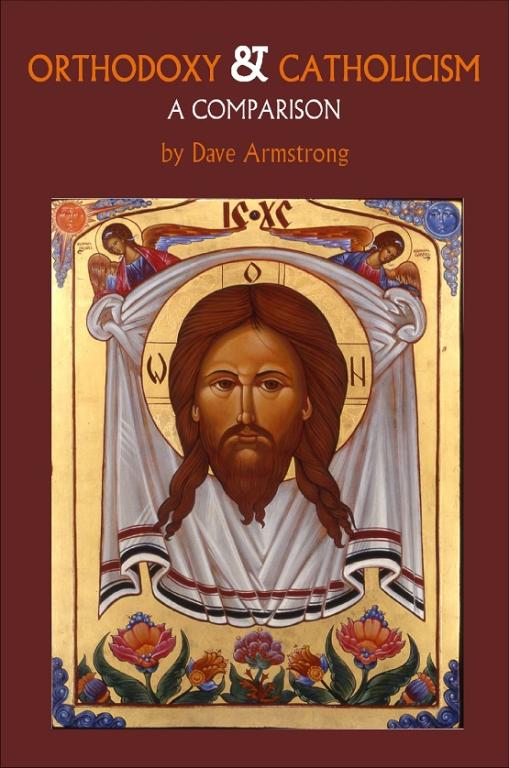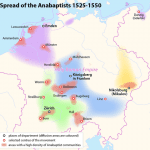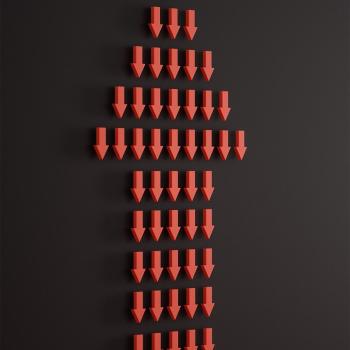by Fr. Deacon Daniel Dozier
[Lulu cover design by Fr. Deacon Daniel Dozier]
* * * * *
Fr. Deacon Daniel
A good friend of mine once remarked that being an Eastern Catholic is at times very much like the experience of a child of a great divorce. One stands, as it were, between two great sources of ecclesial parentage (Catholicism and Orthodoxy) whose estrangement developed over the course of centuries, and the wound of which is still deeply felt today especially by those of good will who long for a reconciliation and a restoration of that once, full, vibrant and dynamic and familial communion that existed for many centuries.
This longing is at its root a deeply Christian one and is felt by all members of these respective families of churches. For the Eastern Churches in communion with Rome, however, this longing is most acute since at least historically we are keenly aware that Orthodoxy, and not Roman (Latin) Catholicism, is our common spiritual heritage.
To continue with the analogy of a divorce; as with the rupture of any family, there are fault lines (in both senses of that word) that serve as either the source of the original rupture in communion or reflect the differing trajectories of thought and common life that developed over the long history of the separation. An honest examination of these points which divide, along with any supporting evidence for the positions of either side, is a necessary step in the process of reconciliation and restored unity.
My friend, Dave Armstrong, has done a great service in the cause of Christian unity by identifying several of these critical points as well as outlining some of the supporting evidence for positions taken by the Catholic Church.
There are those who may assert that in this period of heightened ecumenical relations between Orthodoxy and Catholicism, replete with extraordinary examples of gestures and concrete progress towards unity, apologetics has no place on either side of the dialogue. Here I think it is important to make a distinction between apologia(defense) and polemos (war). Apologetics is itself a fundamentally Christian theological and philosophical enterprise going back to the apostles themselves (cf. 1 Peter 3:15), that attempts to identify and reasonably defend the principles of one’s position over and against another. In the context of this current discussion, one should expect that this enterprise should not be limited to Catholicism; and there are a growing number of worthy Orthodox apologetic efforts that attempt to do the same thing from the other perspective.
Polemicism, on the other hand, goes beyond simply a reasoned defense of positions and into a hostile, and even at times prosecutorial posture unbefitting what should characterize Christian discussions of disagreements in theological matters. It is not the opposite of apologetics, but is rather its caricature. Examples of polemics can be found over the course of many centuries of this division, but have assumed an especially acute form in the modern period, most especially, and here many of my Orthodox friends would agree with me, on the Orthodox side of the familial dispute.
Very often one sees in Catholic literature on the subject, a greater sympathy and openness to Orthodoxy, but this is certainly not always reciprocated, and in fact one sees at times in the face of welcome Orthodox ecumenical efforts at an official level, a heightened antipathy from certain co-religionists towards these efforts, their supporters, and the Catholic Church. What Dave has provided here is a Catholic apologetic in part against many of the assertions of those anti-ecumenical Orthodox Christians who engage in an unhelpful and divisive polemic, far removed from the dialogue of truth in love that should define such discussions.
His response, however, is not limited to the assertions of the anti-ecumenical, but also to those who may question or assert positions which differ from those of the Catholic Church, and in both regards his work is a helpful one insofar as it addresses these differences in a respectful and forthright manner in what can at times be an atmosphere (frequently on-line) of heightened rhetoric. My earnest hope is that this book, a comparison of differences, is an aid to those on both sides who seek to repair the wound of disunity between our two ecclesial families.
Finally, returning to the analogy of a divorce, it is important to recognize, as many Catholic and Orthodox hierarchs, clergy, theologians, and faithful do, that the kinship bonds of apostolic and patristic faith, worship, and leadership that unites our families of churches in the one Church of Christ is far greater than what divides.
As Pope Paul VI stated on the 10th anniversary of the lifting of the mutual excommunications between Rome and Constantinople, “such a profound communion (exists between Catholicism and Orthodoxy) that little is lacking for reaching the fullness that will authorize joint celebration of the Eucharist of the Lord.”This profound and essential point can easily be lost in a work on apologetics, but it should not be and is not in the mind and heart of its author, as explained in the Introduction.
During the course of our discussions on the revised edition of this work, I initially suggested a chapter dedicated to laying out the similarities, but soon realized how unrealistic and insufficient an undertaking like that would be since it would take many more volumes to outline points of shared faith and communion. For my own part, I take that as a matter of great hope and unyielding spiritual optimism.


















